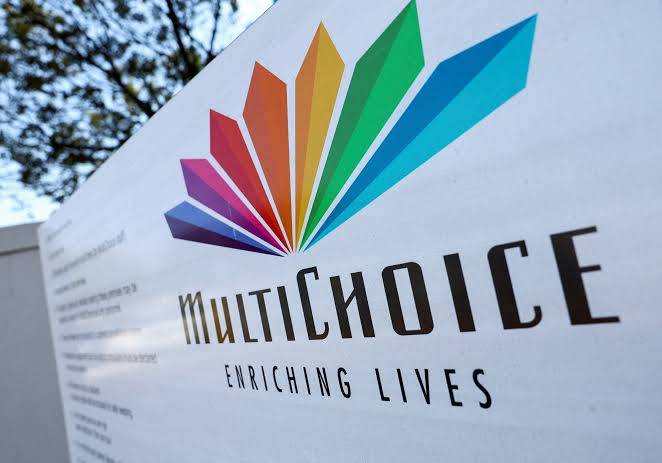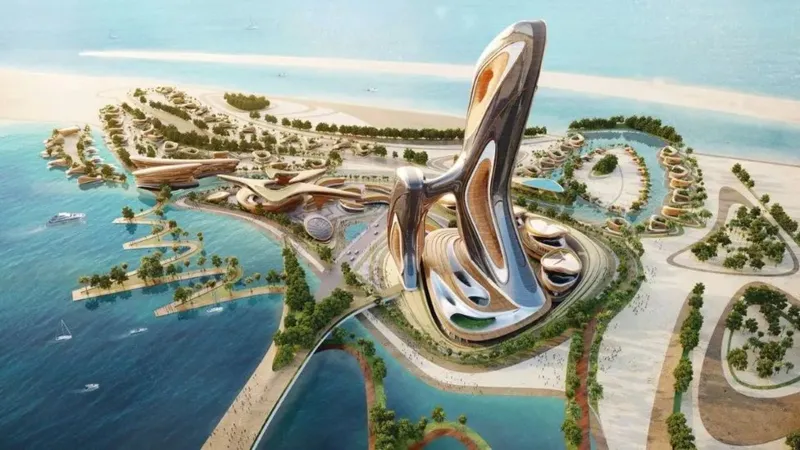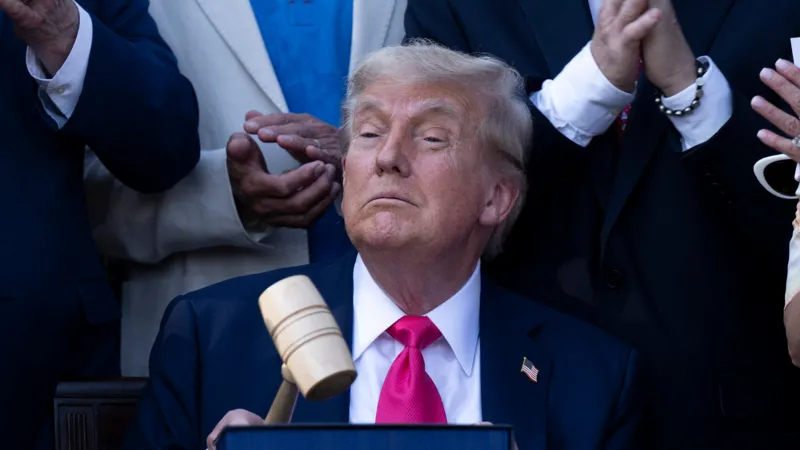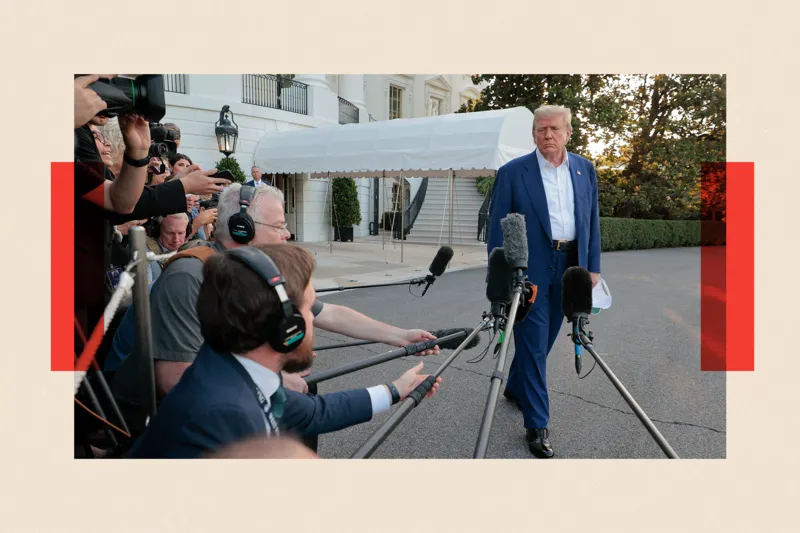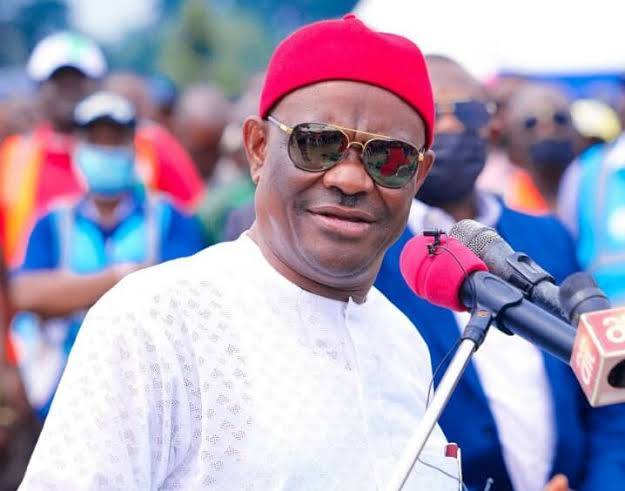Notwithstanding insecurity concerns limiting access to raw materials locally, as well as foreign exchange challenges, local manufacturers have expressed commitment towards intensifying utilization of local alternatives.
Though the manufacturers decried the prevalent scarcity of foreign exchange, exchange rate depreciation and high inflationary pressures, which posed severe impediment to their businesses in 2021, they noted that backward integration will be intensified.
According to data shared by the Manufacturers Association of Nigeria (MAN), local raw materials utilisation in the sector declined year-on-year by 5.4 percentage points in the first half of 2020 and by 3.5 percentage points in H1 2021.
In addition to these, manufacturers also noted that the crisis at the ports, high cost of diesel, skyrocketing gas prices, and insecurity were other challenges faced by their businesses in the outgoing year.
However, they also acknowledged that the tempo of economic activities increased in 2021 following the progressive relaxation of the COVID-19 restrictions which had dampened activities in some sectors of the economy.
MAN said the impact of the naira exchange rate depreciation and forex liquidity challenges on manufacturers was also very devastating as it drove up production and operating costs while profit margins were eroded, sales also declined sharply and business sustainability was at risk.
Stakeholders in the industry noted that business activities appeared to have further stabilised. Consequently, even though the macroeconomic variables (exchange rate, lending rate and inflation rate) are still very much unfavourable, businesses are able to maintain operation, particularly at the level it was in 2019 before COVID-19 came.
The past president of Lagos Chamber of Commerce and Industry (LCCI), Mrs. Toki Mabogunje, stated that the manufacturing sector sustained the positive growth trajectory after contractions in 2020, partly supported by developmental finance interventions of the Central Bank of Nigeria amid numerous headwinds that confronted industry players including foreign exchange illiquidity, domestic inflationary pressure, weakening purchasing power, poor public infrastructure, and port-related challenges.
According to her, segments of manufacturing with high levels of backward integration had lesser degrees of shocks from foreign exchange crises in the economy.
She said, “We note the sustained recovery in the construction and real estate sector, supported by improved activities of the private and public sectors associated with the implementation of capital projects. The ICT sector maintained its impressive performance in the reviewed quarter. This was expected given the opportunities created for technology in the post-pandemic era.
The cost-reflective tariff appears to have impacted positively on the electricity sector which recorded 78.16 per cent.”
She noted that a lot of issues remain to be resolved in the electricity sector, saying that the electricity supply in many parts of the country is still epileptic and the metering programme is not keeping pace with demand.
Also speaking, economist and chief executive officer of Centre for the Promotion of Private Enterprise (CPPE), Dr Muda Yusuf, said that “the quality of the business environment is a critical factor in the acceleration of economic recovery, growth of investment and job creation.”
Yusuf stated that the rebound in oil price had improved the outlook for foreign reserves as well as the capacity of the Central Bank of Nigeria (CBN) to fund the foreign exchange market this year.
“As of October 2021, the foreign reserve has crossed the $41 billion threshold. The impact on revenue outlook is also positive, which will impact positively on investor sentiments,” he said.
The Manufacturers Association of Nigeria (MAN) said the normalcy and tranquility seen in the economy in the first quarter of the year was sustained as business activities increasingly rebounded from the hangover of COVID-19 pandemic.
The Association said the index performance underpinned the improvement in the confidence of manufacturers on the economy, although much is still required to ensure that the current momentum in the economy is sustained and improved upon.
The economy witnessed an improvement in the activities and gradual recovery in the entertainment, hospitality, aviation, transportation, trade and commerce, food and beverage sectors, among others.
On account of the improved economic tranquility, MAN CEOs Confidence Index (MCCI) Q2 report showed that aggregate MCCI increased to 52.9 points in the Q2, 2021 from 49.1 points recorded in the first quarter of the year. That was the first time the index value reached and exceeded the 50 neutral points since the Q1, 2020 when it recorded 44.4 points, thus, suggesting that the macroeconomic ambience improved in the Q2, 2021.
By implication, the performance shows an improvement in the confidence of manufacturers in the economy.
Likewise, the performances of the individual diffusion factors mimicked the aggregate score except the index of current employment which recorded 48.3 points in the quarter under review from 39.7 points observed in the preceding quarter.
Although the index of current employment is still below the 50 neutral points, it improved by 8.6 points. However, the performance indicated that employment in the sector was still sluggish in the second quarter of the year.
Current Business Condition scored 50.8 points in second quarter of the year as against 46.7 points recorded in the preceding quarter, thus, indicating 4.1 points increase over the quarters.


